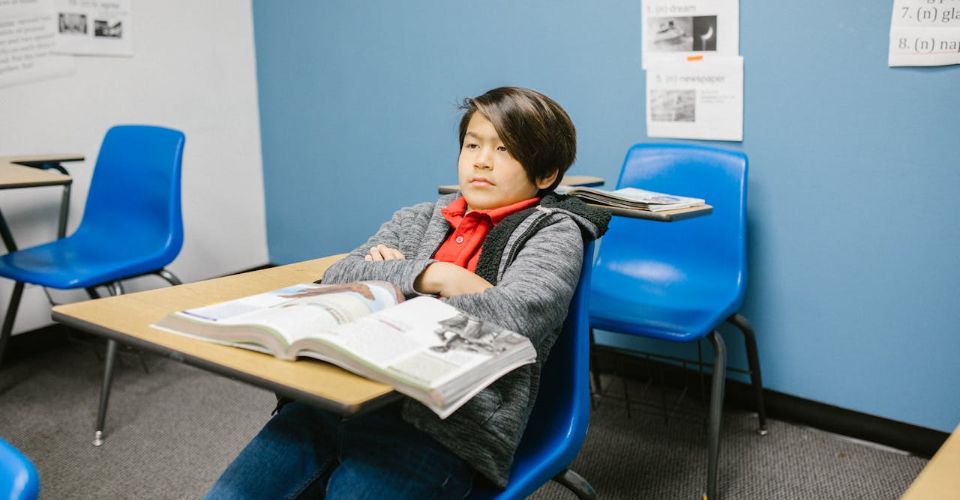- Sharenting may include the social media oversharing of children’s information by parents.
- It carries a number of risks to children’s privacy, safety, and mental health.
What Is Sharenting?
With the advent of social media, it has become common for parents to share updates about their children’s milestones, achievements, and everyday activities online.
Sharenting is a term used to describe the practice of parents sharing information, photos, and videos about their children on social media platforms. It is a combination of the words “sharing” and “parenting”.
The Pros Of Social Media Sharenting
Sharenting allows parents to use social media to share happy moments and milestones in their children’s lives with friends and family who live far away or are not able to visit regularly.
It is also a creative way to document memories and milestones in a child’s life online. It can also be a way to encourage creativity in children and boost their self-esteem and sense of accomplishment.
Sharing parenting experiences online can help parents build a sense of community and connect with others when it comes to coping with the stressful experiences of parenthood.
This can be especially helpful for new parents who may feel isolated or overwhelmed. Such a collective presence on social media can raise awareness about issues that affect their children or advocate for causes that are important to them.
The Cons Of Social Media Sharenting
Sharenting has become a controversial topic, with some experts warning about the risks of sharing too much information about children online—including the potential for identity theft, online harassment, and cyberbullying. The perils of sharenting also include legal consequences associated with security risks and endangering the child’s safety.
Moreover, sharing information about children online can be an invasion of their privacy. Children have a right to control their own digital footprint, and parents should consider the impact that sharing information could have on their child’s future.
For instance, at any point in time, social media can be a breeding ground for negative comments and criticism, which can have a negative impact on a child’s mental health and self-esteem.
Sharenting And Parents’ Mental Health
Sharenting also has a negative impact on parents’ mental health. Obsessive sharenting has been linked to social media addiction and digital narcissism. The pressure to present a perfect image of family life on social media can lead to feelings of inadequacy or anxiety about one’s parenting abilities.
Sometimes, the negative comments or criticism directed towards parents who share information about their children online can also have a negative impact, contributing to the development of mental health issues such as depression or anxiety.
This can further lead to feelings of shame or guilt and can contribute to a never-ending cycle of negative thinking.
Addressing Parental Social Media Oversharing
Sharenting can be a positive and fulfilling experience, provided it is done responsibly. Parents should avoid the pitfalls of sharenting narcissism and should be mindful of its potential risks and benefits. They should also protect their child’s privacy and security at all costs.
For instance, before sharing any information or photos about your child online, consider how it might impact his/her future. Avoid sharing personal information like full names, dates of birth, and location.
Be vigilant of your child’s online presence and take steps to protect his/her privacy and safety. This might include adjusting your privacy settings, monitoring comments and messages, and being aware of potential security risks.
Know More About –
Related Articles –
- Tips For Parenting Challenges In The Digital Age
- How Parents Cause Mental Health Problems In Children
- 4 Ways Parents Can Damage A Child’s Self Esteem




























